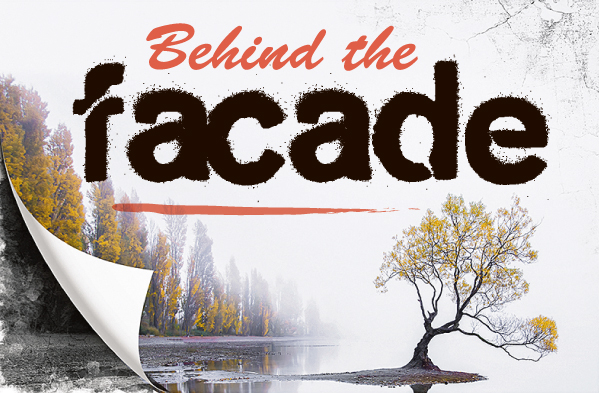
Movies and social perception taint drug users with the same predictable story — delinquent, uneducated and rebellious members of society — but is that accurate?
Two users — recreational and frequent — who wanted to remain anonymous challenged this stereotype.
Both were self-aware and have remained contributing citizens in the Upper Clutha region.
Stigma around drugs being dangerous and anti›social was a common misconception, the recreational user said.
“The way I feel about drugs, is it’s like drinking. You have to take it responsibly,” they said.
A concern raised by both users was confusion around why alcohol was legal, in comparison to illicit drugs.
The frequent user compared their own experiences between drugs and alcohol.
“With alcohol I can’t control my body as well as [with] drugs. While drinking you have a lot less control of your motor functions. I think it’s a bit ridiculous how socially acceptable it is to drink, because the destruction alcoholism can cause . . . I don’t understand how someone can say that drinking the way we do is OK,” the frequent user said.
They said they did not know if making drugs legal would help, but struggled to understand why alcohol remained legal.
Both identified the importance of drug-checking services, particularly around events where drug usage has been popular.
“If it’s coming up to a festival, the stuff’s [MDMA] probably worse than normal, because that’s the time everyone’s trying to get it. I think since Covid, because supplies have been low, the people selling it are going to want to make it go as far as they can, so it’s definitely a lot sketchier. Because of that, I wouldn’t feel as comfortable sourcing here in Wanaka, compared to somewhere like Auckland,” the recreational user said.
Both users said they bought from friends who they trusted and “had personally tried it themselves”.
Another common perception raised by both users was the assumption drug usage automatically led to addiction.
The recreational user said they had tried a variety of different drugs throughout their life — marijuana, mushrooms, ketamine, MDMA, cocaine and LSD.
Despite taking cocaine “a couple of times”, they “were never really into it” and decided to stop.
“Cocaine’s quite an internal thing. It makes you more self-centred. You notice someone’s on coke because they’re always talking about themselves and become quite arrogant,” they said.
Cocaine was categorised as a Class A drug under the Misuse of Drugs Act in 1975.
This Act categorised different drugs according to the level of risk of harm they posed to people and society in the case of misuse.
Drug›related legalisation was first introduced in 1901, under the Opium Prohibition Act.
Since then, laws have varied and adapted throughout the past century.
Next week, The News investigates the legislative history of drugs within the area, and the origins of usage in New Zealand.
Behind the Facade, The News investigates the threads and facts about what is happening in our community. Throughout this investigation, we will ask the hard questions about these grey areas, seeking to gain clarity about what safety within our community really looks like, and what role and responsibility we each have.
This month The News looks at the drug scene:
Wastewater testing dirty job, but yields data





